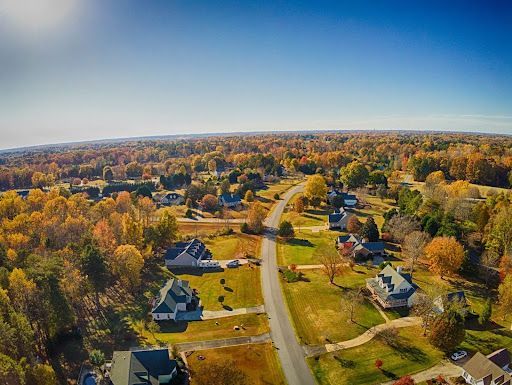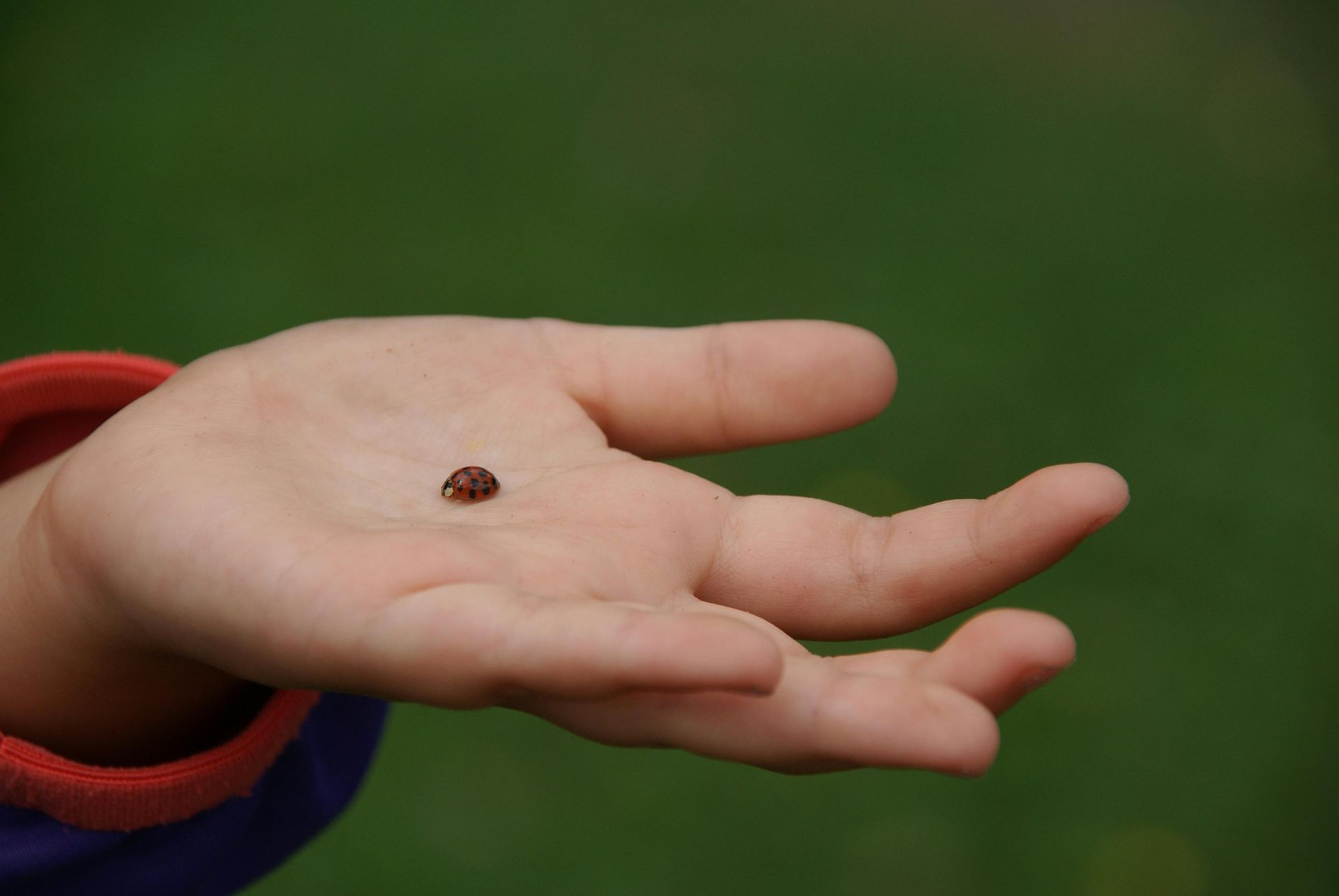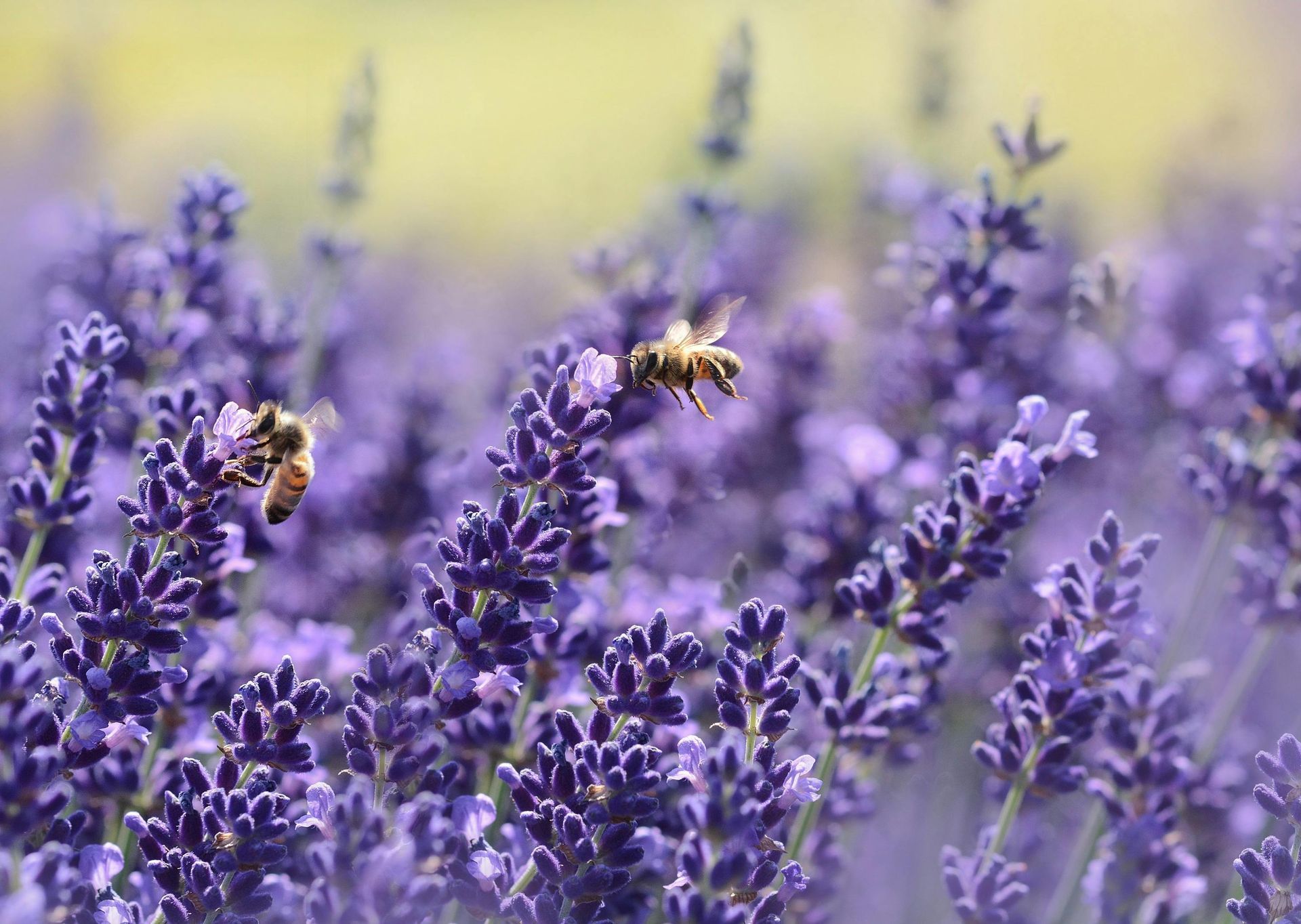Nevada Summer Pest Control: Eco-Friendly Home Maintenance Tips
The rise in temperatures during Nevada's summer months brings a surge in insect activity, with pests seeking shelter, food, and water. These conditions can lead to unwelcome infestations in homes, making pest control a seasonal priority for homeowners. Yet many traditional methods of pest management rely on chemicals that can harm the environment. Fortunately, there are several eco-friendly home maintenance strategies that can effectively curtail the presence of pests while preserving the natural ecosystem.
Identifying Common Summer Pests in Nevada
Among the diverse array of pests that proliferate in the summer heat, a few are particularly notorious in Nevada. Ants, cockroaches, scorpions, and spiders top the list of invaders that homeowners might encounter. Understanding the specific habits and attractants for these pests is the first step in preventing infestations.
Integrated Pest Management: A Holistic Approach
Integrated Pest Management (IPM) is a comprehensive strategy that combines multiple practices to manage pests effectively and in an environmentally sensitive manner. It involves a blend of common-sense practices, with an emphasis on pest prevention and reduced risk. IPM promotes the use of non-chemical control methods, such as habitat manipulation, and encourages monitoring to reduce unnecessary pesticide applications.
Landscape and Garden Maintenance to Deter Pests
Maintaining the immediate exterior environment is critical for pest control. Overgrown vegetation, standing water, and organic debris can attract and harbor pests. Regular garden maintenance, such as trimming shrubs and trees away from the house, eliminating standing water in items like saucers under flower pots, and keeping mulch and organic matter at a distance from the foundation, reduces potential nesting sites.
Additionally, integrating pest-repellent plants into landscaping can provide a natural barrier to pests. Plants like lavender, mint, and lemongrass can deter a number of insects and are an aesthetically pleasing addition to any garden.
Sealing Entry Points to Block Invasion
Pests often enter homes through small cracks and crevices in the foundation, walls, and around windows and doors. Checking and sealing these potential entry points can significantly reduce the likelihood of infestations. Homeowners can use caulk to seal gaps and install weather stripping around doors and windows to keep pests out. Door sweeps are also effective at closing the gap between the bottom of the door and the threshold.
Natural Repellents and DIY Solutions
There are a number of natural substances that pests find repulsive, which can be used to create eco-friendly deterrents. For instance, diatomaceous earth, a powder made from the fossilized remains of tiny aquatic organisms, can be used to control a variety of insects. When insects come into contact with diatomaceous earth, it absorbs the oils and fats from their cuticle, leading them to dehydrate and die. Sprinkling this around the perimeter of the home or in problem areas can provide a non-toxic line of defense.
Essential oils are another eco-friendly option for repelling insects. Eucalyptus, tea tree, and citrus oils can be mixed with water and used as a spray to deter pests like spiders, ants, and even scorpions.
Regular Home Maintenance Checks
Regular inspections and maintenance of the home are essential. Homeowners should repair or replace damaged screens on windows and vents that can provide easy access for flying and crawling pests. Ensuring the attic, basement, and crawl spaces have adequate ventilation and are dry will dissuade pests that are attracted to moisture and dark, undisturbed areas.
Checking for plumbing leaks and fixing them promptly removes a water source for pests. Even small drips from a faulty faucet can provide enough water for pests like cockroaches to thrive.
Cleaning Practices to Minimize Attractants
Keeping a clean home is one of the simplest and most effective methods to prevent pests. Removing food sources by storing food in sealed containers, promptly clearing spills, and disposing of garbage regularly in sealed receptacles can greatly reduce the chances of attracting pests. Regular vacuuming and dusting can also remove potential food sources such as crumbs and dead skin cells that are appealing to insects.
Responsibly Managing Outdoor Lighting
Many nocturnal pests are attracted to light, making exterior lighting a potential draw for unwanted insects. Yellow-tinted bulbs or sodium vapor lights can reduce attraction from flying insects. Positioning lights away from the home or using motion-activated lights can also lessen the chances of pests being drawn close to the home.
Encouraging Natural Predators
Cultivating an environment that supports natural predators to these pests can provide long-term control. Birds, lizards, and even certain insects such as praying mantises and ladybugs can keep pest populations in check. Installing birdhouses or bird baths to attract birds and avoiding the use of broad-spectrum pesticides that harm beneficial insects can aid in maintaining a balanced ecosystem.
Protecting a home against the surge of summer pests in Nevada can be done effectively with an eco-conscious mindset. By embracing a holistic maintenance strategy that focuses on preventive measures and natural deterrents, homeowners can minimize the need for harsh chemicals. Implementing these eco-friendly tips will not only keep pests at bay but also support a healthier, more sustainable living environment.
Ready to enjoy a pest-free summer in Nevada? Our team is here to help you prepare your home with our environmentally friendly solutions and expert maintenance services. Don’t let pests take over the joy of your summertime. Contact us today to learn more about our services and how we can help protect your home.Your peace of mind starts here!




